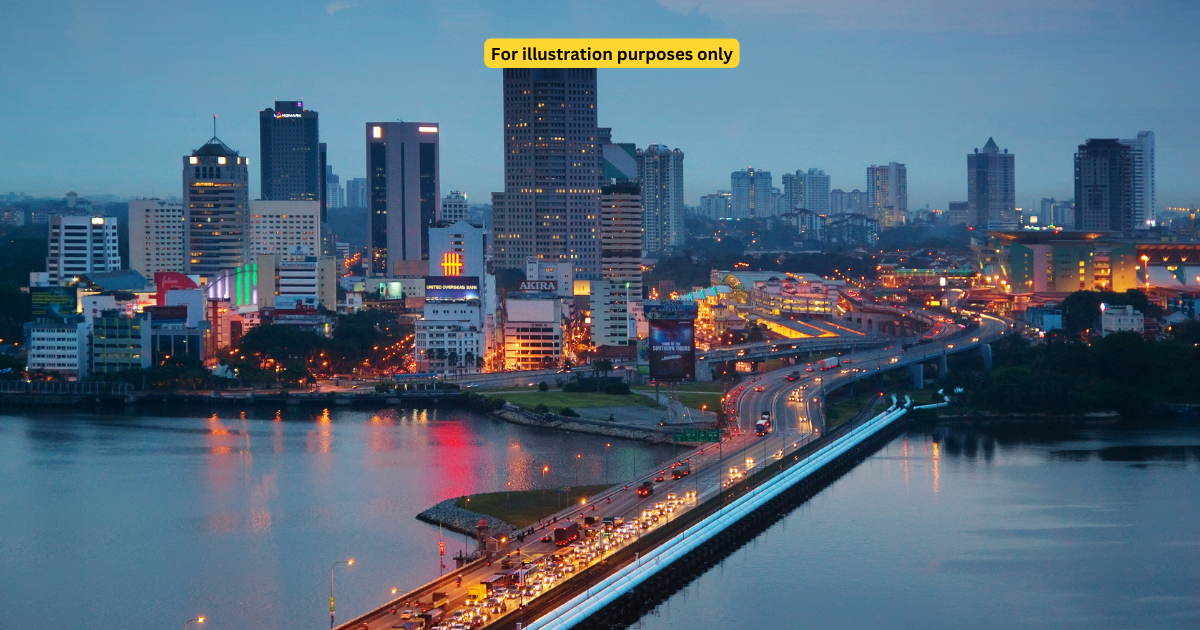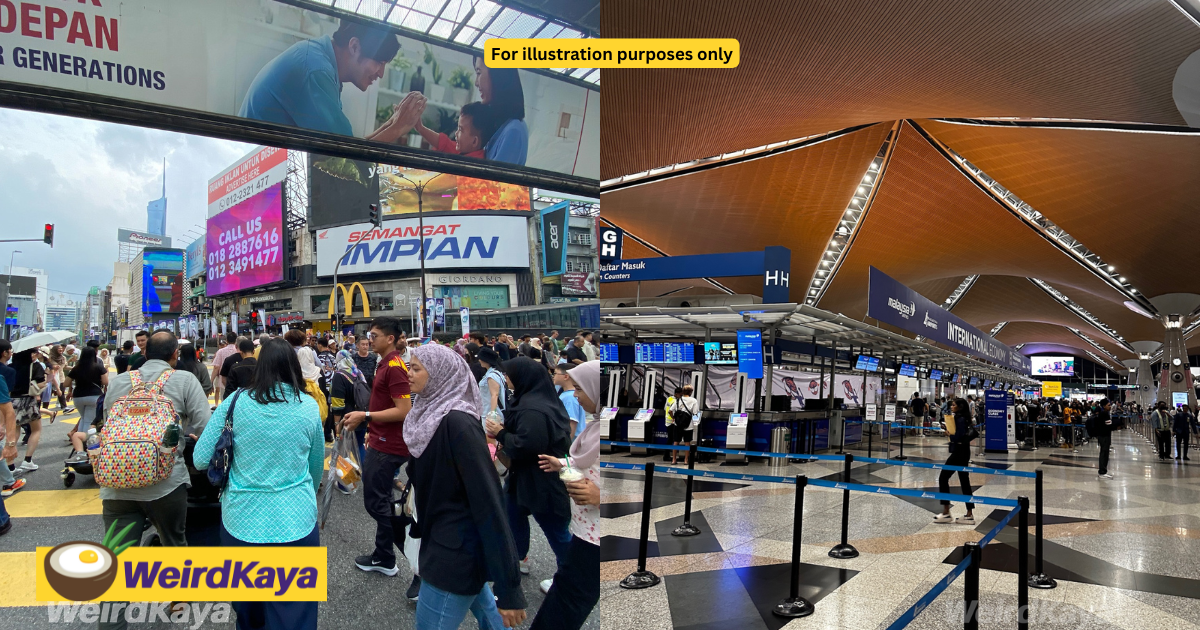Losing your best people to other countries isn’t just frustrating, it’s a long-term problem.
Over the past 50 years, 1.86 million Malaysians have moved abroad for better work or life opportunities. That’s about 5.6% of the country’s population, which is higher than the global average of 3.6%.
Digital Minister Gobind Singh Deo brought up the issue during the launch of 42 Penang Campus, and said the government is working on ways to keep local talent from leaving, reported Malay Mail.
We’re not just building skills. We want Malaysians to actually stay and grow their future here,” he said.
What’s the plan?
To tackle the brain drain, the government has rolled out a few key strategies:

- Malaysia Digital Economy Blueprint (MDEB): A long-term plan to help more Malaysians get into digital careers.
- National Semiconductor Strategy: Aims to train 60,000 skilled engineers to support Malaysia’s growing chip industry.
- Johor-Singapore Special Economic Zone: Set to create 100,000 high-paying jobs, plus a 15% tax rate for 10 years to attract top talent.
These are all aimed at showing Malaysians they don’t need to move abroad to build a meaningful career.
Creating more reasons to stay
On top of training talent, Gobind said the government is working closely with industry players and agencies to make sure job opportunities actually exist especially in areas like AI, tech, and advanced manufacturing.

They’re also looking to bring in foreign talent through special visa passes, to make Malaysia more competitive and globally connected.
Cross-border zones like the Johor-Singapore Economic Zone are designed to give Malaysians access to international opportunities without having to leave the country.
Is it working?
In 2024, digital investments helped boost Malaysia’s economy by 5.1%. Under the Malaysia Digital initiative:
- Total approved investments hit RM163.6 billion, a 250% increase from 2023.
- Over 48,000 jobs were created, which is 109% more than the year before.
These are early wins, but they show that the country is moving in the right direction.
Building talent also means rethinking how people learn and that’s where 42 Penang comes in.
It’s part of the 42 Malaysia network, and it’s nothing like a typical school. There are no tuition fees, no teachers, and no exams.
Students learn by working on real-world projects, and get guidance from mentors and peers. The focus is on practical skills in software development, cybersecurity, and AI the kind of stuff employers are actually looking for.
What’s Penang doing?
The state itself is also pushing for more digital progress.
Penang Chief Minister Chow Kon Yeow said they’ve launched several initiatives to attract tech investments and talent, including:
- Creative Digital District
- Penang Silicon Design @5km+
- Digital Economy Master Plan 2.0
These plans aim to grow key sectors like cloud computing, AI, and smart manufacturing, which are expected to drive job growth in the coming years.



